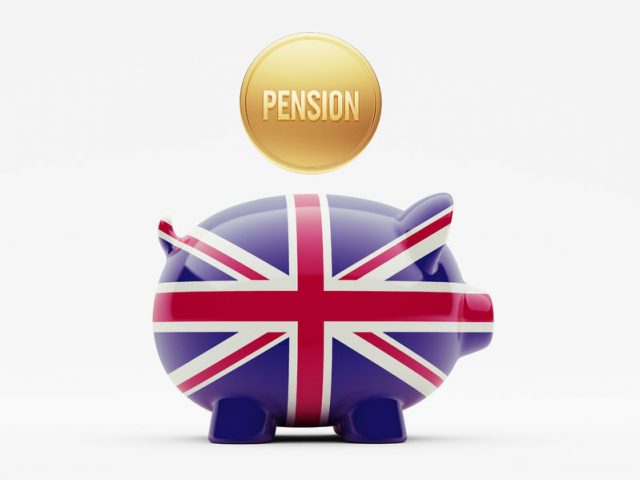
The pension age has risen dramatically over the past decade. By 2020, it’ll rise to 66 years of age, and looks likely to rise ever further over the next 30 years.
The reasons for this are manifold. For one, government’s coffers are struggling with an increasingly ageing population.
Between 2015 and 2020, the ageing population is expected to rise by 12 per cent, a huge jump when it’s considered that the general population will only increase by three per cent.
This isn’t a one-year anomaly but an ongoing trend that’s placing pressure on care services, hospitals and the UK pension system.
In its initial form, pensions were intended to cater for a relatively small number of people. But advances in medicine over the past 80 years have left us fitter and healthier for a longer period of time – and it’s leaving more people in dire need of government subsidy after they retire.
The second reason for the government’s straitened attitudes towards pensions is simple – as a political force, the Conservative government is more interested in austerity measures than investment.
Cuts, the Tories believe, will become the bedrock of economic growth (although this has been shown not to be the case) and so doing as much as possible to limit pension schemes is just another way to help the UK live within its means.
In the long run, these moves could leave much of Britain’s workforce without an effective pension – which is why your home business has to act now if it wants to counteract the effects of the cuts.
With that in mind, we’ve come up with a few tips to help you fill that pension pot – and make the most of your savings when the time comes.
Start young
The younger you are, the more money will be in your pension pot when you finally reach retirement age. This might seem like obvious advice, but few people in their twenties are even considering what they’ll do when they retire. If you have children of your own, set them up with a pension plan at as early an age as possible. They’ll appreciate the thought later.
Shop around
The interest rate you’ll accrue from a pension isn’t fixed, but varies depending on your provider. Don’t automatically choose the pension plan provided by your bank, but shop around. You might find a better offer elsewhere.
Have more than one
Recently workplace pension schemes have become a legal requirement for small businesses, but they aren’t enough. If you’re running a business from home, you’ll need to pay cash into a few pensions if you want to live comfortably.
Plan assiduously
The internet is filled with guides to help you plan for your retirement, as well as the pitfalls that might befall you. If you want to go one step further, we’d recommend investing pension software to help you pay in the correct amount and improve your pension management options.
These aren’t the only things to consider when it comes to pensions. If you’ve got any tips you’d like to share with us, let us know in the comments below.
Find a Home-Based Business to Start-Up >>> Hundreds of Business Listings.
















































